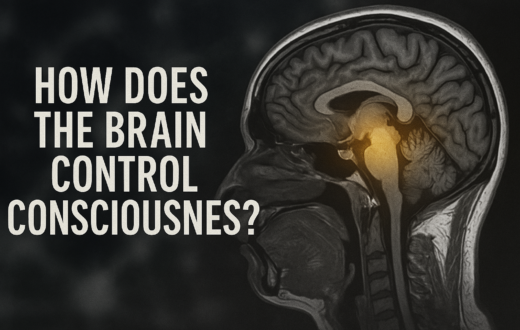What Makes Some People Remember Their Dreams Every Morning?

Certain personality traits determine who tends to remember their dreams more frequently.
Dreams are subjective conscious experiences generated by the brain during sleep. That’s all we know for sure about dreams. They happen without our control or reflection (except in the case of lucid dreamers).
Often, dreams defy the laws of physics: one moment you might be talking to someone in Cincinnati and the next, you’re flying through the sky over Toledo without an airplane, and it doesn’t even faze you. Dreams are composed of memories previously acquired, and there’s a continuity with our waking experiences.
For example, if you’re a Catholic Democrat during the day, you don’t become a Muslim or Republican in your dreams. Scientists have confirmed that dreaming happens in some form throughout the night, not just during rapid eye movement (REM) sleep. [For more on the nature of sleep, you can check this link]
Scientists believe that dreaming plays a role in consolidating memories, but we remember very few of our dreams. So why is that?
Dream recall is highly variable and influenced by numerous factors. For example, studies during the COVID-19 pandemic found that more people reported better dream recall when they woke up in the morning. Other studies have shown that younger people, particularly females, as well as those with a positive attitude toward dreams (since some people fear their dreams), and those who engage in frequent daydreaming or fantasy, are more likely to report remembering their dreams.
We know very little about the nature of dreams because studying them is difficult. Researchers must assume that the dream reports provided by participants upon awakening reliably reflect the content of the dreams. The issue is that our memory of dreams is altered by the sleep experience itself and the amount of sleep that follows the dream. Additionally, some people wake up with a distinct sense that they have a dream but can’t recall any details of it. Often, the content of the dream is fleeting; it’s there one moment and gone the next, and can’t be retrieved.
A recent study investigated the factors that determine morning dream recall in a prospective study involving 217 healthy adults aged 18 to 70 years (116 females). The participants recorded their last dream experience upon awakening each morning for 15 days at home. Physiological data were also recorded using a portable EEG device. At the end of the study period, participants underwent a neuropsychological assessment.
What Determines Whether You Remember Your Dreams?
Three factors influence your likelihood of waking up in the morning and recalling a dream: your attitude towards dreaming, your tendency to daydream, and specific characteristics of your sleep patterns. Whether you recall the actual content of a dream or simply the awareness that you dreamed is also influenced by your vulnerability to interference upon waking.
The connection between daydreaming and dream recall may suggest a greater tendency to spontaneously generate dream-like experiences regardless of external factors. Additionally, daydreamers may be more attuned to their dreams, as these occur during the day when attention and memory capabilities are higher.
The results also indicate that individuals are more likely to remember dreams after long nights of sleep, with less time spent in deep sleep and more in REM sleep. This makes sense since deep sleep stages are associated with significantly less brain activity overall. During deep sleep, the brain is less capable of generating the complex neural activity underlying dreams. It’s important to note that the neural activity patterns and neurotransmitters associated with REM sleep are very similar to those when we’re awake.
Dreams were recalled more frequently in spring and autumn than in winter, possibly due to the role of circadian rhythms and nighttime body temperature. Dreams were less likely to be recalled when there was greater vulnerability to interference after waking, such as having a conversation, thinking about the day’s events, or dealing with an alarm clock.
Conclusion
If you want to remember a dream, mentally welcome it before going to sleep, and try to focus on the specifics of the dream experience as soon as you wake up.
